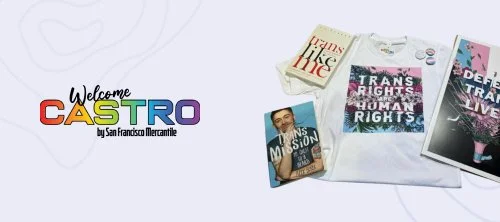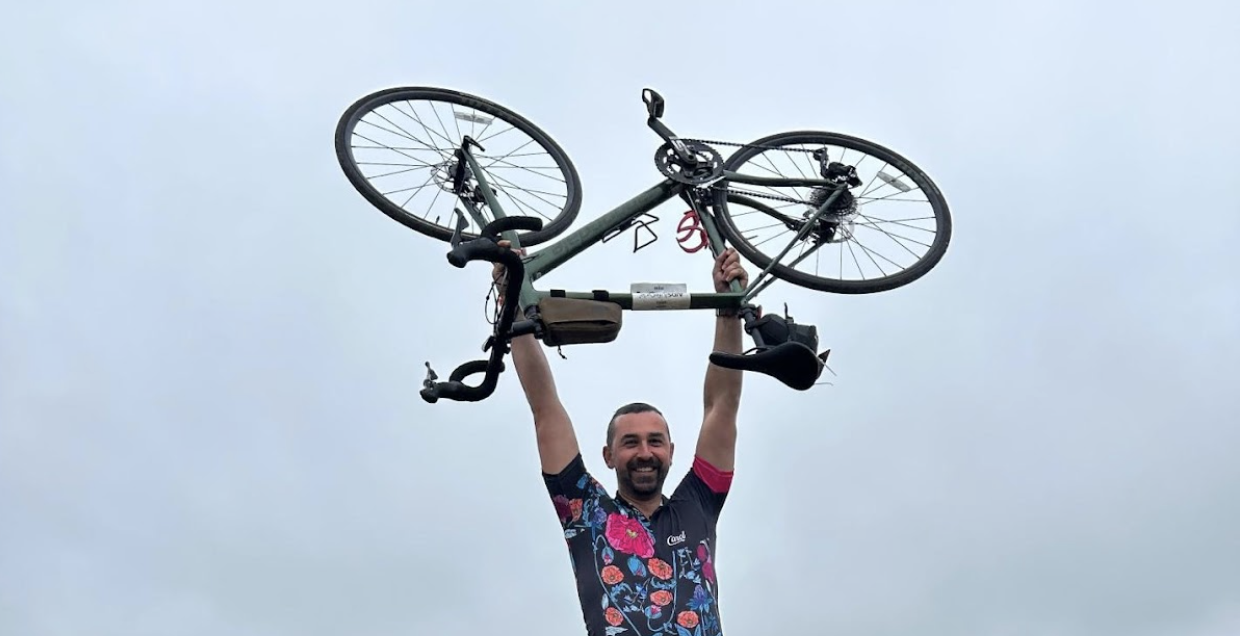Exploring Consensual Non-Monogamy:
A Workshop for Mental Health Professionals
As therapists, it’s essential to understand the nuances of consensual non-monogamy (CNM) to provide informed, affirming support to clients exploring or engaged in these relationships. This workshop offers a clinical framework for working with CNM clients, covering relationship structures, motivations, common challenges, and strategies for addressing communication breakdowns, jealousy, and boundary-setting. Attendees will gain practical tools to help clients navigate CNM with clarity, consent, and emotional well-being while integrating these dynamics into their broader relational and personal growth.
Colin Fyfe
LMFT, workshop presenter, celebrating his 2022 ALC Ride
Through engaging discussions and practical exercises, you will:
Define CNM and explore its various forms, including open relationships, polyamory, and relationship anarchy.
Identify common motivations and benefits associated with CNM, such as increased autonomy, personal growth, and relationship satisfaction.
Recognize potential challenges and develop strategies for addressing communication, jealousy, boundary setting, and societal stigma.
Learn how to assess client readiness for CNM and provide guidance on best practices for navigating these relationships.
By the end of this workshop, you will feel more confident and knowledgeable in your ability to support clients who are exploring or engaging in CNM. You will be equipped with the tools to help clients navigate the complexities of these relationships, while fostering open communication, mutual respect, and emotional well-being.
Join us for this essential training to enhance your clinical practice and better serve your clients.
Workshop Details
Date: April 10, 2025
Time: 6-7:30pm PST
Location: Online
Recording: Recording will be available
Cost: Donate $25 or more to Colin’s AIDS LifeCycle Ride and forward the receipt to admin@rousetherapy.com
Raffle: Each instance of a $25 donation counts as one raffle ticket! $25 = 1 ticket, $100 = 4 tickets, etc.
Continuing Education Information
Presentation description
As therapists, it’s essential to understand the nuances of consensual non-monogamy (CNM) to provide informed, affirming support to clients exploring or engaged in these relationships. This workshop offers a clinical framework for working with CNM clients, covering relationship structures, motivations, common challenges, and strategies for addressing communication breakdowns, jealousy, and boundary-setting. Attendees will gain practical tools to help clients navigate CNM with clarity, consent, and emotional well-being while integrating these dynamics into their broader relational and personal growth
Educational Goals
The workshop aims to educate participants on the fundamentals of consensual non-monogamy (CNM), including its structures, motivations, and challenges. It provides tools for effective communication, boundary-setting, and emotional management to foster healthy and fulfilling open relationships. The goal is to support individuals in navigating CNM with self-awareness, consent, and mutual respect.
Learning objectives
Define three types of consensual non-monogamous relationships
Describe three common reasons people choose CNM relationships
Learn three ways to assess for readiness for CNM
Detail four interventions and healthy CNM practices
Outline
-
Setting the vibe
Going over : Ground Rules (Be respectful, mindful of language, ask questions, self-check-ins)
-
Defining CNM – Umbrella term & various structures
Types of CNM (Open, Monogamish, Throuples, Relationship Anarchy, etc.)
Cultural & Social Perspectives – Stigma & Misconceptions
Quick Discussion – What biases exist in society and therapy?
-
Common Reasons for CNM (Variety, Autonomy, Growth, Emotional/Physical Needs)
Benefits (Self-awareness, Strengthened Primary Relationship, Exploration)
-
Common Challenges – Jealousy, Communication Breakdowns, Social Stigma
Managing Jealousy – Understanding Compersion
Boundary-Setting & Agreements – Emotional/Sexual Boundaries
Quick Discussion – Which challenge resonates most?
-
Assessing Readiness – Differentiation, Communication, Stability
Evaluating Client Perspectives – Readiness Checklist for Therapists
-
Communication Strategies – Active Listening, Conflict Resolution
Sexual Health Considerations – STIs, PrEP, Emotional Aftercare
Therapist’s Role – Providing Affirming, Bias-Free Support
-
Key Takeaways – Summary of Learning Objectives
Resources & Further Reading
Final Q&A – Open Discussion
Exclusive Raffle Prizes!
Each ticket holder enters our raffle to win amazing prizes from local businesses!

Barry's
5-day class pass
Value: $180

Castro Yoga Room
5-day class pass (x2)
Value: $110 each

Welcome Castro Store
Gift card
Value: $50

Hot Cookie Gift Pack
$25 Gift Card and a 3Some Pack of ready-to-eat cookies
Value: $50

Shame Less, Love More Hoodie
From Rouse Relational Wellness
Value: $69

Mental Health Workbook for Men
By David F Khalili, LMFT
Value: $17

